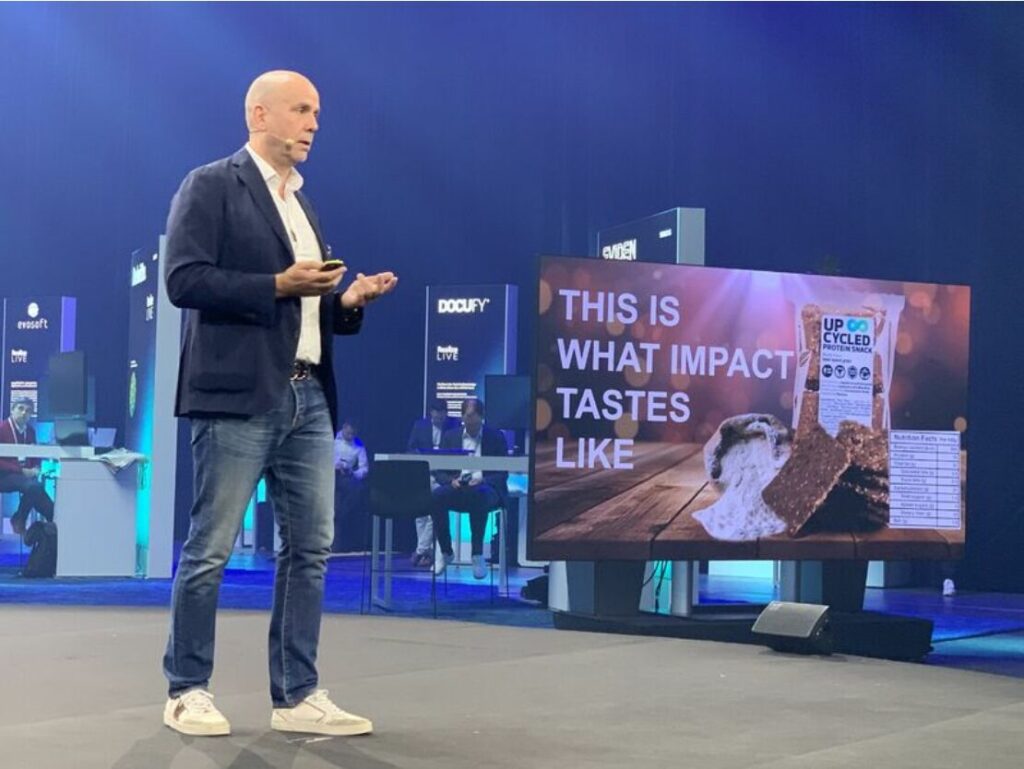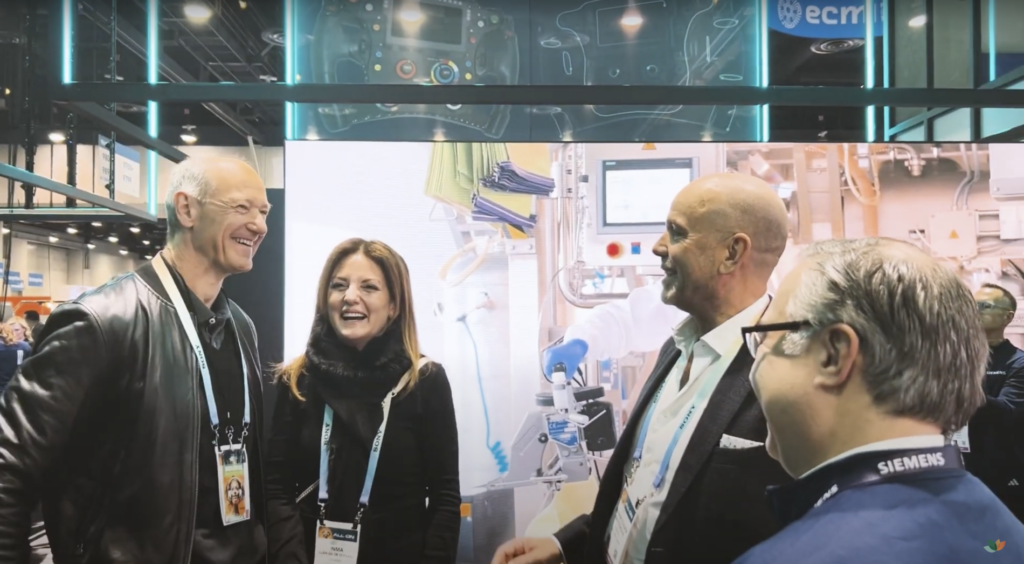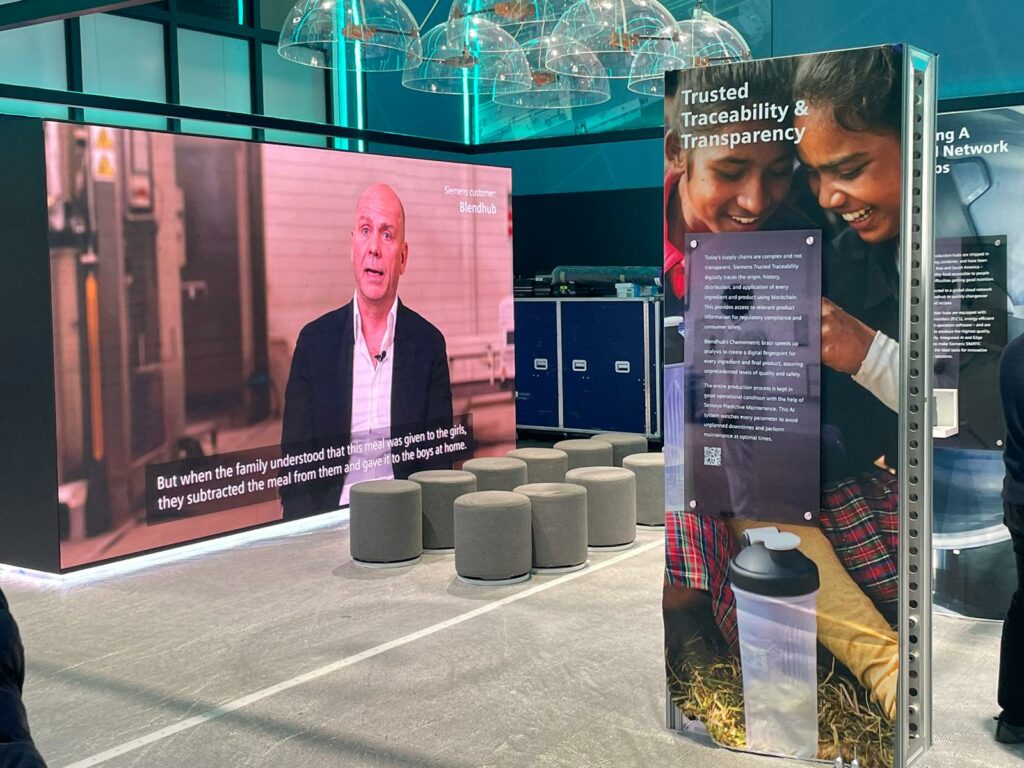I have been working in the agri-food sector for nearly thirty years. After some successes and failures, I consider the construction of a state of the art factory for blending food powder one of my biggest mistakes during this time – I’m not doing it anymore. I truly believe that food powder blends must be produced where it makes most sense – either close to raw materials sources or closer to the end users, with absolute flexibility.
I’ve seen the same mistake time and again in the sector. A new company arrives to new markets and looks for partnerships with companies with their own conventional facilities locally established to avoid costs; they rent some other factories, or build their own. Lots of efforts and money wasted in a very changing market which requires for greater and faster adaptability when one out of six people on Earth has no access to food. We can do it better.
Changing agri-food supply chain and the operational model in food powder blends are the paths to truly move the industry forward and create sustainable business models to make food available to more people in more places at the best quality and the lowest possible cost, and minimizing risks for all the companies entering into new markets, local business expanding and new entrepreneurs working in the sector. Because of this, a couple of years ago I challenged my team to develop a portable and modular powder blending plant, PPB, the seeds of our Blendhub’s full-service platform for enabling the formulation and production of food powder blends to anybody, anywhere in the world and the supply chain with minimum cost and risk, maximum food safety and quality, and a transparent offering.
During later years, we have set up PPB plants in India, Mexico, and Spain, and we are about to install some others in the next few years in Europe, America, and Asia. Now, let’s look at real cases: Recently, Munchy Food Industries, a Malaysia-based snacks and confectionery group, has announced that they are about to start production in Indonesia with a new plant to supply this market, their major one outside Malaysia. Many B2B businesses require food powder formulations for their products. Think of the savings of optimizing a supply chain not just producing locally with a portable and modular plant which can be operating in less than six months, but also using local raw materials, locally delivered, thus avoiding tariffs, transport costs, and some other logistics assets.
I truly believe that the future of food production passes through a new model where not just foods, but production will be quickly implemented where it is necessary, allowing food industries to truly be able to think local and act global.
This is why we are leading a new category: Food Powder Blends “Anywhere“.



